Unit | Human and Animal Health
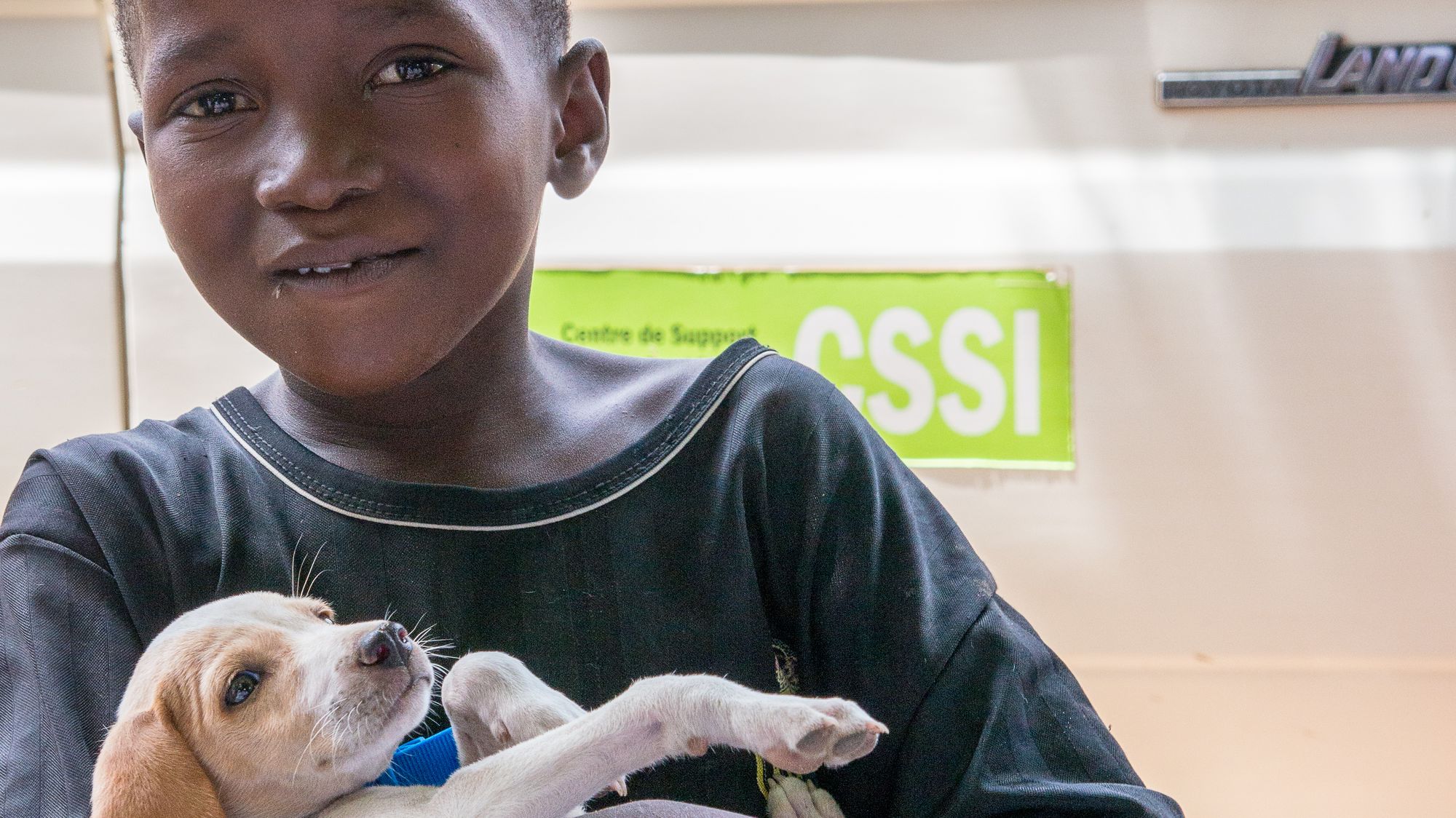
Using One Health, an integrated and internationally supported approach to health, the unit works on the control of zoonoses and the improvement of the health of different population groups. We demonstrate the synergistic potential of closer collaboration between the human and animal health sectors, including with other disciplines and areas of practice. Particular attention is paid to the added value of One Health for improved health and well-being, environmental services and financial savings. Among neglected zoonoses in developing countries, brucellosis and rabies are the focus of our work, which ranges from capacity building to interventions.
Taking One Health Forward
Today, integrated approaches are needed to address complex problems that cannot be solved by single disciplines, such as climate change, biodiversity loss, the emergence of antimicrobial resistance, but also inequality, discrimination, government effectiveness and corruption, all of which have a major impact on public health. One Health is part of reporting under the International Health Regulations (IHR 2005). The Group of Seven (G7) industrialised countries have committed to promoting One Health and mainstreaming it into all policies. This strengthens the unit's motivation to further develop One Health - including its links to social, cultural, economic and environmental dimensions, leading to a theoretical framework for One Health approaches.
Inter- and Transdisciplinary Approaches
One Health is about interdisciplinary collaboration between different academic disciplines, primarily underpinning human and veterinary medicine, but with strong links to the natural and social sciences and the humanities. The unit also benefits from transdisciplinary collaboration with non-academic actors in the co-production of knowledge for One Health. This form of collaboration enables both qualitative and quantitative links between humans, animals and the environment. A deep recognition and understanding of the interrelationships between humans, animals and their environment at all scales is a necessary prerequisite for One Health, complemented by the benefits and added value of cross-fertilisation and closer collaboration between human and animal health and all related disciplines and stakeholders. Our inter- and transdisciplinary research benefits from long-standing work and collaborations.

Jakob Zinsstag
Professor, PhD, DVM
Head of Unit
+41612848139
jakob.zinsstag@swisstph.ch
One Health 2nd Edition
Download the flyer for the second edition of our book ‘One Health: The Theory and Practice of Integrated Health Approaches’.
Highlights
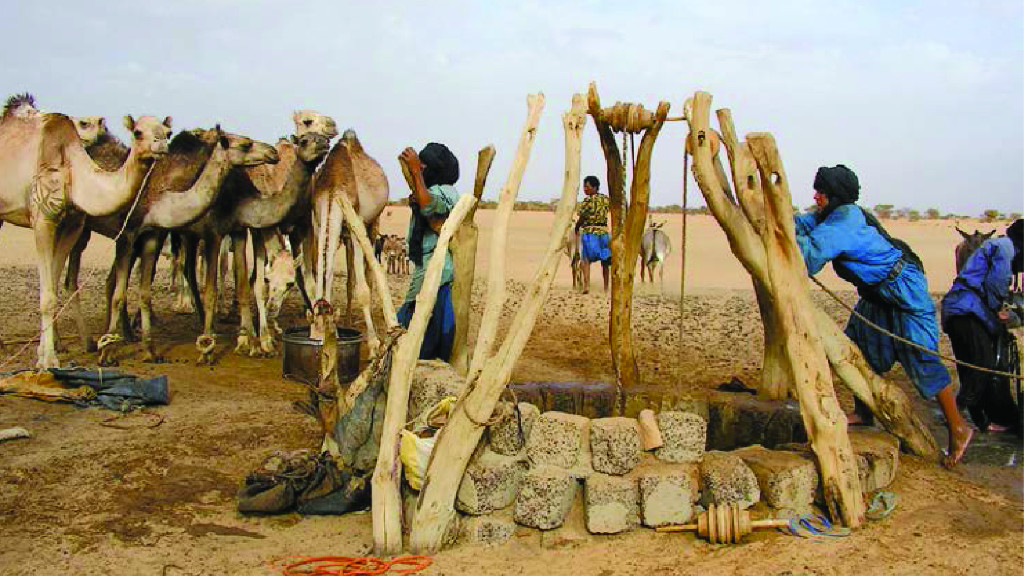
Health of Pastoralists and the Future of Pastoralism
A major topic in our unit is the testing of innovative ways to improve the health of pastoralists, their livestock and the pastures they use. In many regions, there are hardly any alternatives to mobile livestock production which uses the vast dry grasslands. Ongoing research and action projects are in Mongolia, Chad and Ethiopia. Since we are among only a few research units working on health of pastoralists, the World Animal Health Organization asked us to edit a thematic issue on the future of pastoralism. It gives a broad view on pastoralism and pastoral livestock production from a cultural, social, economic, ecological and climatic, conservation, institutional, governance and security perspectives.
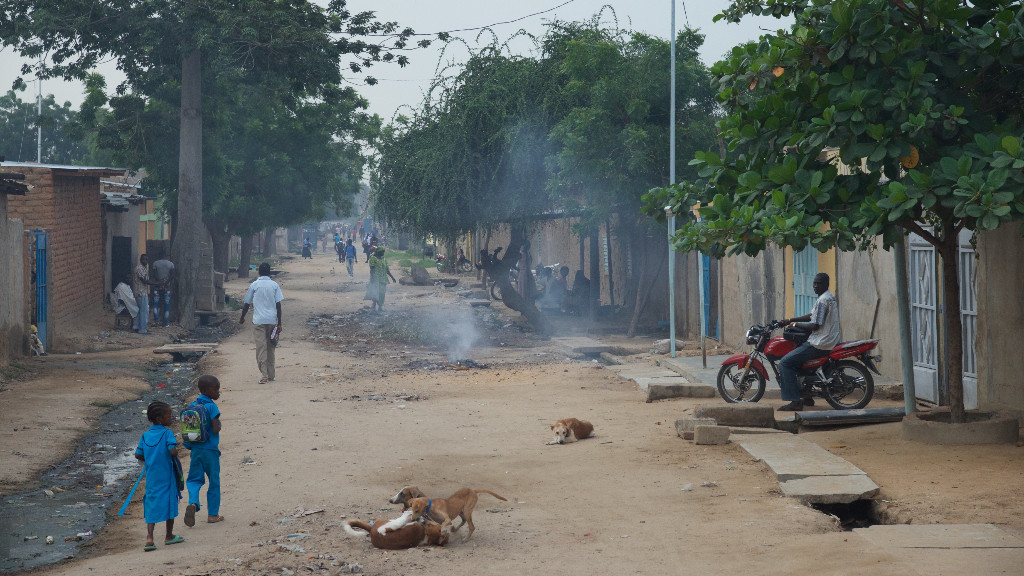
Towards Elimination of Dog Rabies in West- and Central Africa
Why is there no or insufficiently effective action to control and eliminate dog rabies? There is considerable overrepresentation of laboratory investigations or pathogen associated and basic epidemiology research. However, information on effective control activities and policies is nearly absent. Our research contributes to fill the gap between knowledge and effective action by addressing the social, political, economic and psychological complexity of effective rabies control interventions. In Chad, Mali and Côte d’Ivoire, we assess the burden of rabies for planning provision of post-exposure prophylaxis. Dog rabies could be eliminated by mass vaccination of dogs, thus we are also studying the dynamics of dog rabies elimination after mass vaccination. Read more
Groups
In the Media
- RTS Podcast: Jakob Zinsstag, professeur au Swiss TPH et spécialiste One Health (12 May 2023)
- K4D: Heilsame Dialoge in Guatemala (8 March 2022)
- Towards the elimination of dog rabies in West - and Central Africa (12 April 2022)
- Jakob Zinsstag: Spirituality and One Health (4 October 2021)
- Erfahrungsbericht zu Nord-Süd Forschung während COVID-19, Jakob Zinsstag (25 May 2021)
- One Health: auf dem Weg zu einer integrierenderen Wissenschaft (February 2020)
- Planet Wissen: Zoobiquity – Tier- und Humanmedizin zusammen denken (12 June 2020)
- Jakob Zinsstag, Rahmenbedingungen ethischer und rechtlicher Verantwortung: Rückblick auf 26 Jahre Forschung in Afrika und Asien., April 2016
- Aïsata und ihr Hund: Wie in Afrikanischen Städten die Tollwut ausgerottet werden kann, von Jakob Zinsstag
- Aïsata et son chien, ou comment éradiquer la rage dans certaines villes d'Afrique, de Jakob Zinsstag
- Aïsata e il suo cane 1 : eradicare la rabbia dalle città africane è una missione possibile, di Jakob Zinsstag
- Social responsibility: Why we need strong research centres in the South, by Bassirou Bonfoh and Lukas Meier (20 August 2013)
Free Online Course
Practicing One Health not only improves human and animal health but also allows considerable financial savings and contributes to a better environment. This value cannot be achieved working alone but is a triumph of truly interdisciplinary and intersectoral work. The course reflects this and brings together different disciplines in a selection of case studies, demonstrating the advantages of a closer cooperation between human and animal health and social and cultural sciences.
Le cours «One Health: Connecter les humains, les animaux et l'environnement» est maintenant disponible en français! Familiarisez-vous avec One Health, un concept prometteur, et les solutions efficaces qu'il apporte aux problèmes de santé urgents.
Commencez maintenant: tales.nmc.unibas.ch/en/one-health-connecter-les-humains-les-animaux-et-l-environnement-13/
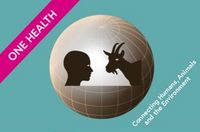
Latest Projects
All ProjectsLatest Publications
All PublicationsGiovanoli Evack J et al. Genetic characterization of schistosome species from cattle in Côte d'Ivoire. Parasit Vectors. 2024;17:122. DOI: 10.1186/s13071-024-06221-9
Yared S et al. A community based seroprevalence of SARS-CoV-2 antibodies in Somali Region, eastern Ethiopia. Immun Inflamm Dis. 2024;12:e1148. DOI: 10.1002/iid3.1148
Abdikadir M.I, Tschopp R, Ali S.M, Zinsstag J, Pelikan K. Efficiency in transdisciplinary cooperation: the example of the Jigjiga One Health Initiative. trans-kom. 2023;16(1):58-73
Abukhattab S et al. Whole-genome sequencing for One Health surveillance of antimicrobial resistance in conflict zones: a case study of Salmonella spp. and Campylobacter spp. in the West Bank, Palestine. Appl Environ Microbiol. 2023;89(9):e00658-23. DOI: 10.1128/aem.00658-23
Ahmad I et al. Systematic review and meta-analysis of tuberculosis in animals in Nigeria. Heliyon. 2023;9(6):e17215. DOI: 10.1016/j.heliyon.2023.e17215
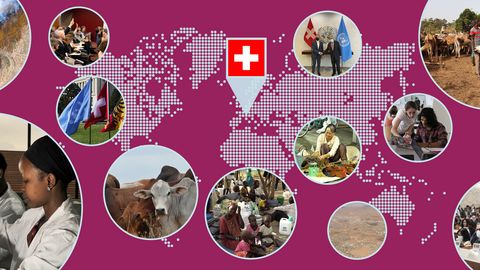
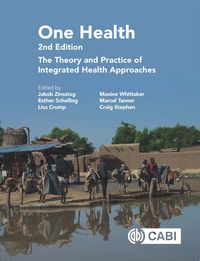
 Monique Léchenne
Monique Léchenne
 Kristina Pelikan
Kristina Pelikan


